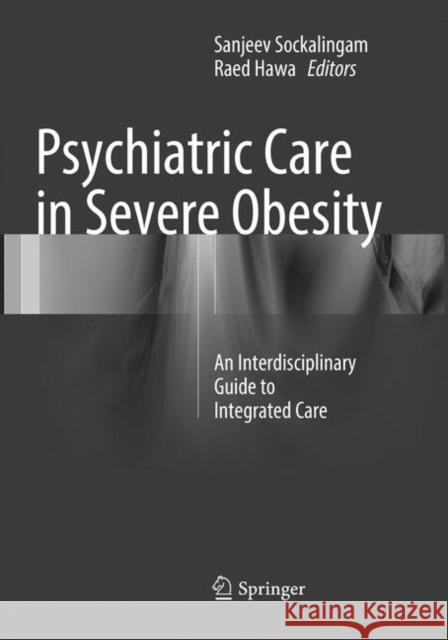Psychiatric Care in Severe Obesity: An Interdisciplinary Guide to Integrated Care » książka
topmenu
Psychiatric Care in Severe Obesity: An Interdisciplinary Guide to Integrated Care
ISBN-13: 9783319826042 / Angielski / Miękka / 2018 / 357 str.
Kategorie BISAC:
Wydawca:
Springer
Język:
Angielski
ISBN-13:
9783319826042
Rok wydania:
2018
Wydanie:
Softcover Repri
Ilość stron:
357
Waga:
0.64 kg
Wymiary:
25.4 x 17.78 x 1.96
Oprawa:
Miękka
Wolumenów:
01
Dodatkowe informacje:
Wydanie ilustrowane











